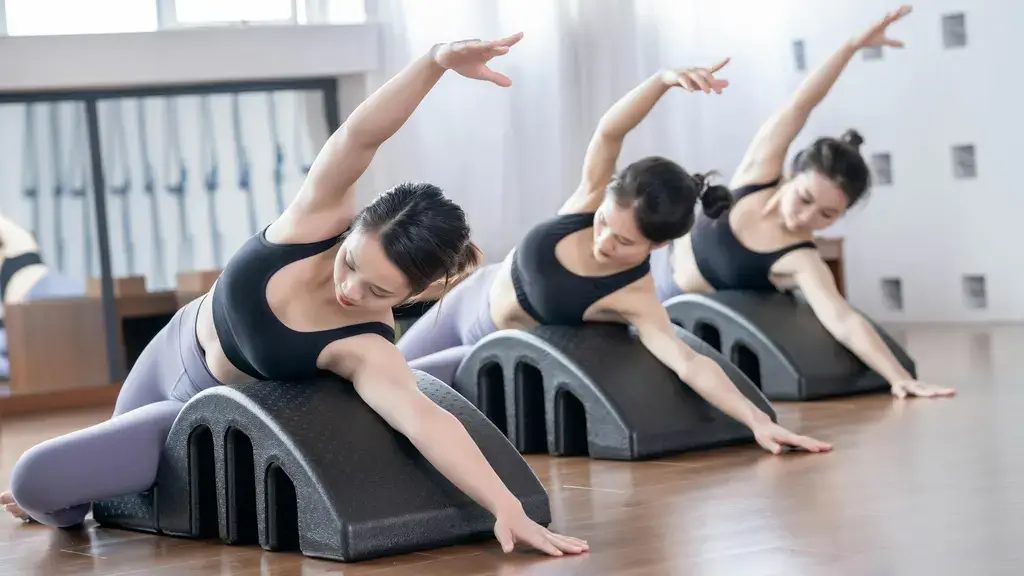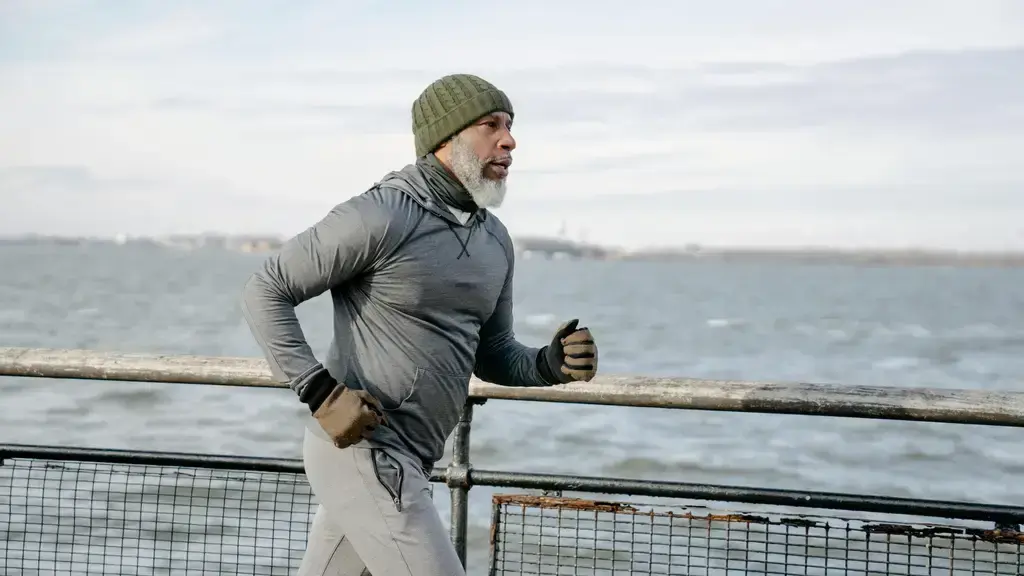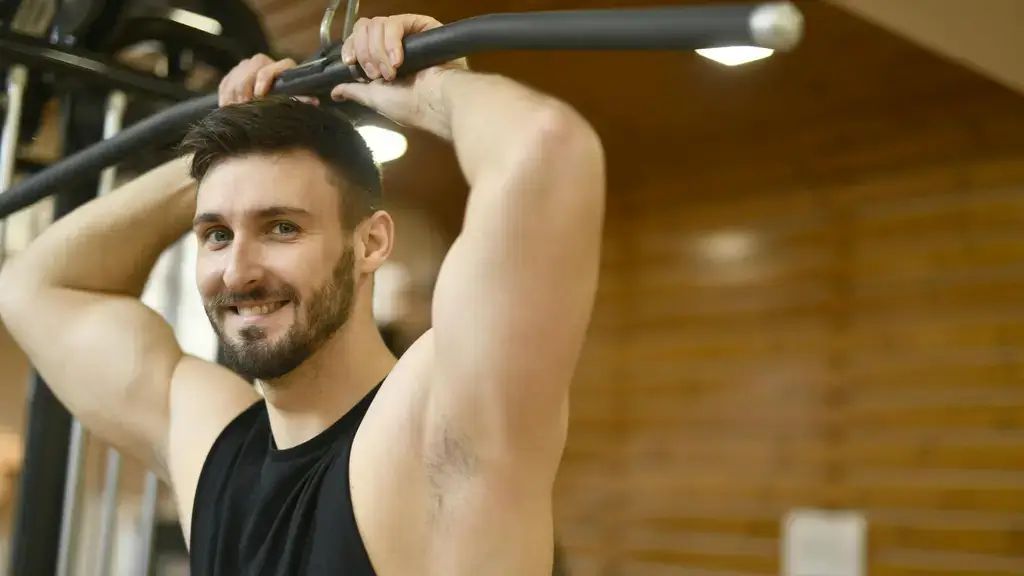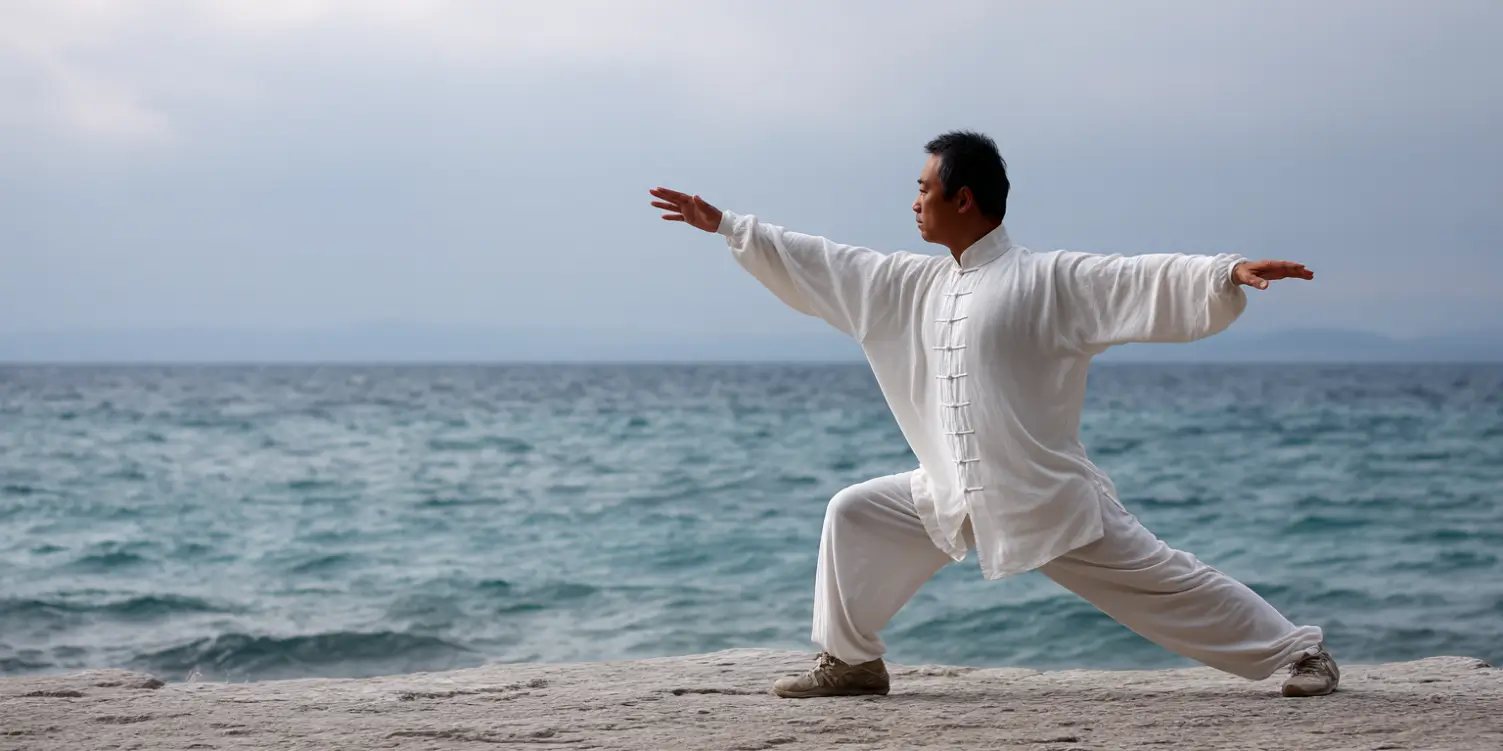Not everyone is created equal when it comes to athletic prowess. Some individuals seem to be born with a natural ability to excel in the world of sports, while others might find themselves struggling despite their best efforts. The root of this discrepancy can be traced back to several key factors, including genetics, environment, and personal experiences.
The Role of Genetics
Genetics play a crucial role in determining athletic ability. Just as eye color and height are influenced by genetics, so too are traits useful in sports, such as muscle composition, lung capacity, and even reaction times. These factors can create a biological advantage for some, placing them at the forefront of athletic achievements.
Research suggests that certain genetic markers can contribute to exceptional ability in sports. For example, variations in the ACTN3 gene are linked to differences in muscle power and endurance, influencing whether someone is more likely to excel in sprinting versus distance running.
Environmental Influences
Beyond genetics, the environment in which a person grows up can heavily impact their athletic capabilities. A supportive environment with access to sports facilities and opportunities to play and practice from a young age can foster talent.
Moreover, socio-economic factors can play a significant role. Individuals from affluent backgrounds often have access to better training facilities, professional coaching, and more time to devote to sports, all of which can enhance the development of natural talent.
Conversely, a lack of resources or encouragement can stifle potential talent. Without the right infrastructure, even those with genetic predispositions might never reach their full potential.
Psychological Factors
Psychological aspects such as motivation, confidence, and resilience are essential in sports. These mental attributes can significantly alter an individual’s performance and trajectory in athletic pursuits.
For instance, a growth mindset – the belief that abilities can be developed through dedication and hard work – has been shown to lead to greater achievements in sports as opposed to a fixed mindset that sees talent as innate and immutable.
Personal Experiences
The individual experiences one gathers over time can also affect their proficiency in sports. Whether through early childhood exposure to various physical activities or critical life events, personal experiences shape both the skill level and enthusiasm for sports.
- Early exposure to diverse sports can enhance coordination and athletic versatility.
- Positive reinforcement and mentorship can boost confidence and morale, encouraging perseverance in sports despite challenges.
- Conversely, negative experiences such as injuries or discouraging feedback can dissuade individuals from pursuing sports endeavors.
Coordination and Motor Skills
Coordination and motor skills are fundamental for excelling in any sport. Some people naturally develop these skills faster than others due to a combination of genetic predispositions and acquired practice.
Parents and coaches play a pivotal role in nurturing these skills from a young age, transforming latent potential into realized talent through drills and structured play.
Strategic Thinking and Tactical Ability
Some sports require not only physical ability but also a high degree of strategic thinking and tactical knowledge. This cognitive aspect of sports is often underestimated but can make a huge difference in performance.
Athletes who naturally excel in strategic and tactical dimensions are often better at sports that require quick decision-making and an understanding of the game’s flow, like basketball and soccer.
The Interplay of Various Factors
Ultimately, it’s the interplay of these factors—genetics, environment, psychology, personal experiences, and skills—that determines whether an individual is naturally gifted in sports. Anyone can improve their athletic ability through dedicated practice and training, even if they don’t start with an inherent advantage. Understanding the barriers and aids in this journey can empower individuals to pursue sports with confidence and enthusiasm.
However, it must be acknowledged that the notion of being ‘naturally gifted’ is merely one aspect of success. With passion, effort, and the right opportunities, anyone can hone their abilities to perform successfully in the sporting arena.






